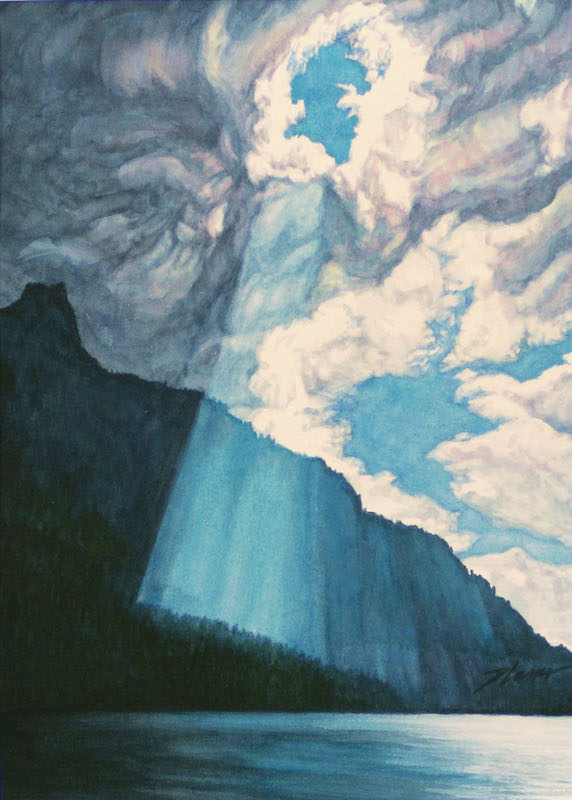Too much heaven on their minds —Andrew Lloyd Webber & Tim Rice
Preamble The Bible, taken as a whole, is inconclusive about the nature of heaven: what it is, and more particularly where it is. As to the first, it seems clear that heaven is the seat if not the home of God, as in Our Father who art in Heaven, and so forth. As to the second, it seems fair to say that most practicing Christians assume, if vaguely, that heaven is situated up in the sky somewhere. Here I want to play with these ideas a bit in light of the exigencies now coming into force in the opening decades of the Pandoracene.
First Approximation
t is said of Abraham of the Abrahamic religions – Judaism, Christianity, and Islam – that while still a babe he cast around for a god to believe in. In quick succession he considered first a shining star, then the moon, and finally the sun; but in every case he soon realized that all of them were transient – they would eventually set, and were gone. So in the end he opted to give undying allegiance to the One God who, it is said, created heaven and earth and everything else in between.
On the whole this decision turned out pretty well for Abraham, as it seems to have done for his descendants and, indeed, for the Abrahamic religions generally (albeit with some notable exceptions). Still, it has to be mentioned that belief in the One God introduces some theological knots, at least two of them coming into focus only now, nearly four millennia, or so they say, after Abraham’s time.
First, belief in the One God assumes that Heaven and Earth operate according the same set of universal laws which, as is now abundantly clear, they do not. Thus Heaven operates according to the laws of physics, while Earth, or at any rate the Living Earth, operates according to the laws of biology. Each of these is its own ground floor, hence profoundly irreconcilable.
Perhaps even more important for practical purposes, belief in the One God wins much more air time for Heaven than it does for Earth. Claim as long and as much as you like that God is immanent, is within us and around us; but unless you’re a transcendentalist, the fact remains that belief in the One God will always and ever cause the eyes to turn upward, away from Earth, toward Heaven. Rather like a helium balloon that way.
As the Living World moves ever deeper into the Pandoracene, the One-God-mediated tradition of giving pride of place to Heaven at the expense of Earth will no longer do. Whether anybody yet admits it or not, there’s now only one story that really matters anymore: the appalling tale of global ecosystemic upheaval being disclosed to us daily at ever-increasing decibel by an angry Gaia. All other earthly stories will sooner or later take their bearings from that.
Of course somewhere behind all this you can sense Plato and Descartes lurking behind the scenes, the first with his shadow show on the wall of the cave of existence, and the second with his bone-headed distinction between Res cogitans and Res extensa. But let’s not go there.
To situate god on Gaian Earth rather than in Celestial Heaven is to prioritize diversity in unity rather than the other way around. It’s to walk ourselves back from the one-size-fit-all truths of the One God, the understanding that the World is neither more nor less than the way it happened to seem standing in just such and such a cornfield somewhere in Kansas on just such and such an early morning portending rain, but with the sun’s rays slanting in, for now, just so.
I for one believe that Pope Francis is on the right track. For my part, I take inspiration from– Pope Francis’ all-but-explicit admission, in Laudato Si, that the Judaeo-Christian traditions have had it wrong for nearly two millennia: that to have focussed on our relationship to God and to one another is simply not enough; that to these two axes of focus, late though the hour may be, humanity must now add a third focus: our human relationship to the Living Earth. Amen to that.
Next up: New World Dawning
